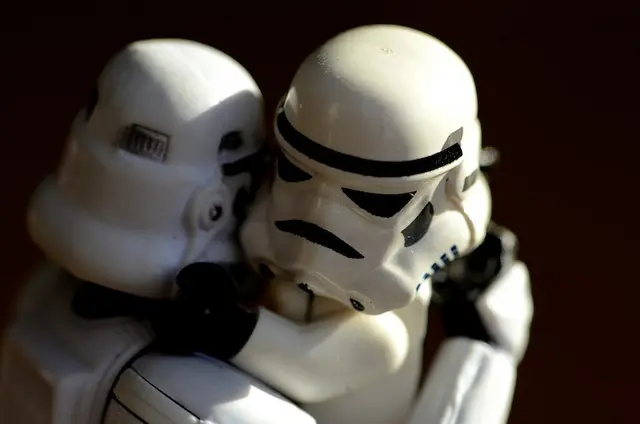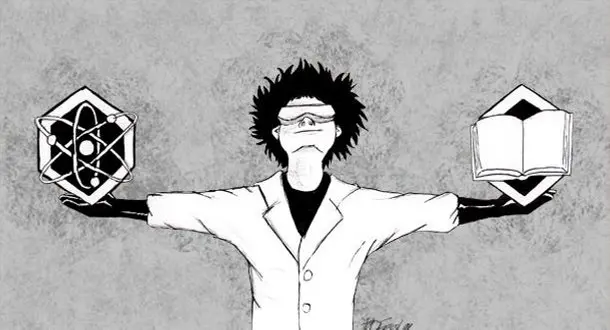Menu
Columns
Showing 3546 Columns
Showing 3546 Columns
May 19th, 2014

Before I launch into the paragraph edits, I wanted to talk a little about what I call “The quick, brown fox jumped over the lazy dog” writing—prose filled with adjectives in lieu of more “showing” vs “telling” description—and its more atrocious cousin, "The quick, brown fox gleefully jumped over the lazy dog" writing.
Read Column →May 19th, 2014

Taking the Long Way I knew from the start that the line from being a wage slave to a full-time freelancer would not be straight. I also knew that it was only a matter of time before either my time or my money (or both) ran out. That time has come. Not working, as you might imagine, is expensive, and after 5 months of unstructured time at home, I’m back in the office full time.
Read Column →May 16th, 2014

Image by Kristina Alexanderson Let’s be real: the best stories do not end well. The lovers don’t end up together. The bad guy wins.
Read Column →May 16th, 2014

Writers are no longer just writers. In this era, we are writers, marketers, digital media managers, and legal experts. To survive in the rapidly changing publishing industry, we are expected to evolve and take on many different hats and be experts in these different roles.
Read Column →May 15th, 2014

I'll just say it: There aren't many science fiction stories out there that don't involve lasers in some way.
Read Column →May 15th, 2014

To finish this column, you’ll have to tell me a story. The story of a book that haunts your nightstand. The story of a book you throw in your bag every day, the same book you toss in your bag for weeks with the best intentions. The story you’ll tell me is the story of a book you’ve loved too long. Bad book relationships have a way of dragging on. So many bad Friday nights with this book. So many uncomfortable afternoons. This book doesn’t treat you right. It’s almost more like being alone than being with a book.
Read Column →May 14th, 2014

A book is kind of like a taco – the shell is as important as the contents… though I guess you probably shouldn’t eat a book, right? – Imaginary Uncle Larry. “When you don’t know how to start a column, quote an imaginary uncle, then yourself, then address your audience in a broke-ass Socratic dialogue that references a Rob Reiner film – Me
Read Column →May 13th, 2014

Here's a secret I hope you won't share with anyone: I always wanted to act. When I was young, I danced, took acting lessons. I was too shy for the spotlight, but that didn't keep me from trying on personas, living in imagined worlds. I think this fundamental truncation of my childhood dreams led me to write. I couldn't bring characters to life on the screen or stage, but I sure as hell can on the page. This is how it's done. You put on their clothes. You breathe their air, taste food through their tongue.
Read Column →May 9th, 2014

It’s a hard truth for writers (and likely artists of all kinds) that sometimes your work will fail. It either won’t be what you envisioned, or it won’t find an audience, or both. Most of the time it will be your fault, and you can always take solace when you look back on it later and realize you will never make that mistake again. But sometimes your best, most brilliant and polished work will fail for reasons you never expected that are entirely beyond your control.
Read Column →May 9th, 2014

When a writer creates a nonexistent, fictional object, that creation has a life beyond the immediate page. Readers sympathize with or loathe characters, and long to visit fantastical places. Have you ever wished that you really knew Lisbeth Salander or Atticus Finch? Or that Rivendell existed so that you could go there next spring break? Fictional realists argue that theoretically, all of those places and people do exist.
Read Column →Submitting your manuscript?
Professional editors help your manuscript stand out for the right reasons.
